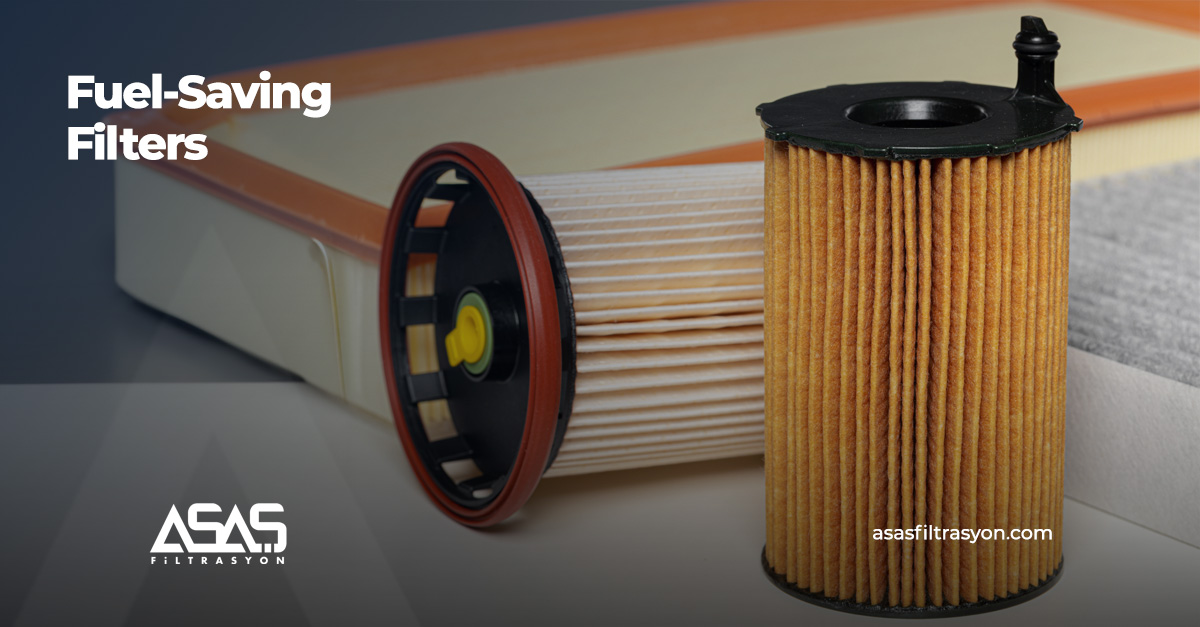Fuel-Saving Filters
When driving, factors like frequent stop-and-go traffic, heavy air conditioning use, speed increases, and sudden braking can negatively impact fuel efficiency. However, the fuel filter is a crucial element to consider in terms of fuel savings. Drivers must regularly maintain and replace all filters in their vehicles to balance both performance and fuel efficiency. So, do filters really affect fuel consumption? Experts say yes, absolutely. Therefore, let’s delve deeper into this topic.
Economical Driving with a Clean Fuel Filter
Filter manufacturers define a fuel filter as a system that cleans “dirt, debris, foreign substances, particulates, rust, and similar materials.” Thus, these systems work at full capacity to separate and clean foreign substances from the vehicle or system they are in. In Turkey, filter manufacturers recommend using each vehicle with proper maintenance and replacement to achieve optimal performance. Quality filters that are compatible with the vehicle provide drivers with an economical driving experience. Most importantly, a clean filter optimizes fuel and supports the use of minimal energy.
The Relationship Between Air Filters and Fuel Efficiency
Fire, fuel, and air are fundamental elements in the operation of a vehicle. The energy required by the engine is provided with the support of fuel and air filters. The air filter supports the engine and helps with the ignition process. Specifically, this filter ensures that clean air reaches the engine. In this way, the engine operates more efficiently and fuel consumption decreases. As a result, vehicle performance increases, and the desired fuel savings are achieved. Additionally, the engine’s lifespan extends, and maintenance costs decrease. Generally, clean filters enhance overall performance.
Importance of Fuel-Saving Filters
Filter manufacturers emphasize the importance of keeping both air and fuel filters clean. Dirty filters increase fuel consumption and raise emission levels. Moreover, this situation negatively impacts driving performance. Furthermore, dirty filters cause imbalances in emission levels. For this reason, regular maintenance, inspection, and replacement of filters are essential. Because maintaining these systems helps preserve vehicle performance and achieve fuel savings. Ultimately, regular filter maintenance provides both economic and environmental benefits. Particularly older vehicles are more affected by dirty filters. Thus, filter cleanliness becomes even more crucial.
ASAŞ Filtrasyon


